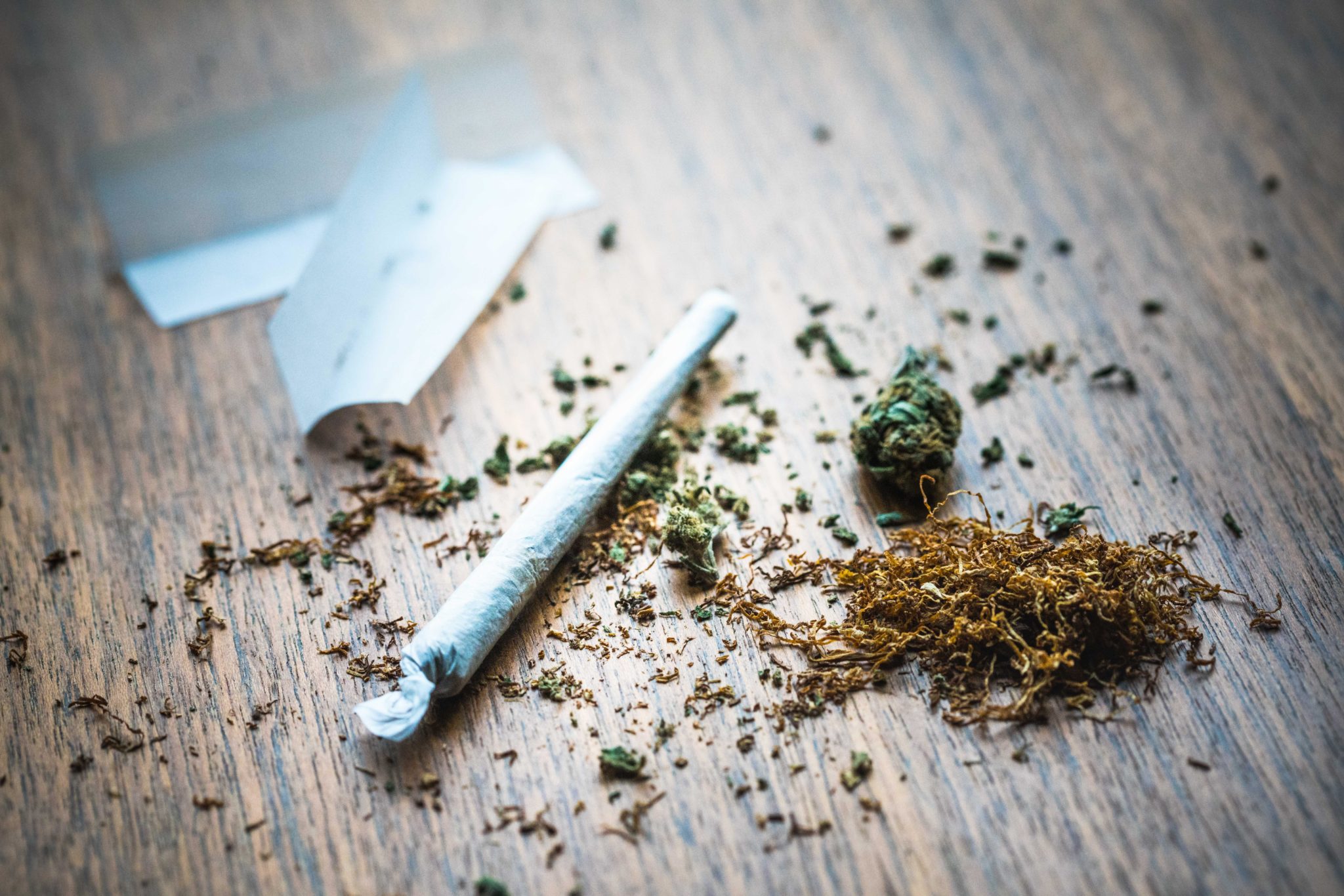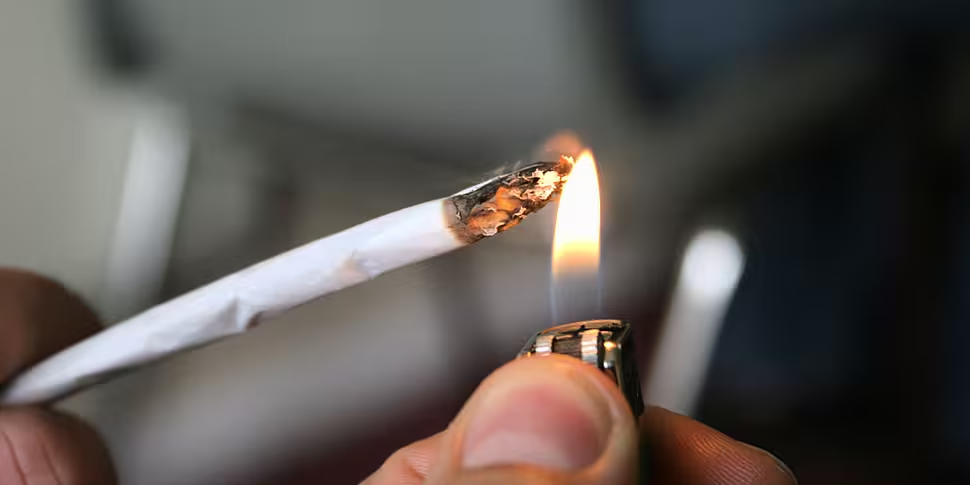People should be aware of the dangers of cannabis use as Ireland 'moves towards liberalisation', a retired consultant in emergency medicine has said.
Figures from the National Drug and Alcohol Survey (NADS) show the proportion of cases treated for cannabis as a main problem decreased from 26.4% in 2016 to 18.7% in 2022.
Among young cases aged 19 years or younger, cannabis was the main drug generating treatment demand.
Among new cases the proportion reporting cannabis as a main problem dropped from 41.2% in 2016 to 32.8% in 2022.
Dr Chris Luke said the drug itself is harmless but it can result in harms caused by people who use it.
On Newstalk Breakfast this morning, author and retired consultant in emergency medicine Dr Chris Luke said the drug itself is harmless but it can result in harms caused by people who use it.
He said ‘cannabis use disorder’ can result in a 'compulsion' for users.
"I haven't got a problem with the occasional use of cannabis as I've said over many decades," he said.
"I think what we would worry most about medically is what we call cannabis use disorder where there is effectively is an addiction or compulsion to continually use cannabis basically on a daily basis.
"You're talking [about] two, three, four joints every day and more."
'Multiplication effect'
Dr Luke said things get more complicated when a mental illness is involved.
"In the context of mental illness, you get a multiplication effect - especially with illnesses like schizophrenia or paranoid illnesses," he said.
"You end up with the scenario that we've seen in the last 18 months or so with people killing partners or neighbours extraordinarily brutally often using knives or other bladed weapons".
Dr Luke said he fears serious side effects are being overlooked in the debate around liberalising drugs.
"The absence of evidence isn't the evidence of absence," he said.
"Nobody has a problem with the odd spliff but it's just to try and recognise - people will deny it - but I think in the near future there'll be an undeniable link between levels of extreme violence and the regular or heavy use of cannabis.
"For every psychotic killing that we've seen reported over the last year or so in Ireland there'll be many episodes of violence that are sort of sub-lethal.
"By definition the same people will be psychotic but will not kill somebody they'll merely wound [them]".
'Relentless rise'
Dr Luke said more and more people are registering for treatment.
"I grew up in the '70s, I know all about weed," he said.
"I've seen many friends succumb to its effects over decades; I've seen the steady, relentless rise in the number of people registering or attempting to register for treatment in this country.
"There's estimated to be about 90-odd thousand people who probably have a cannabis use disorder.
"Even if only 1% or 10% of those go on to a violent, cannabis-induced psychotic episode that's quite a lot of people".
 Smoking cannabis, 24-1-17. Image: Phanie - Sipa Press / Alamy
Smoking cannabis, 24-1-17. Image: Phanie - Sipa Press / AlamyDr Luke said the first thing that needs to happen is to gather definite numbers on users.
"We're talking in a vacuum when it comes to cannabis use in this country," he said.
"The data, the evidence is really very sparse precisely because we haven't looked systematically.
"The first step is to try and establish the scale of the problem; and that can only really be done at the moment through surveys of experts... who treat teenagers for cannabis-related issues and emergency physicians."
Dr Luke added that as the tide is "moving towards liberalisation" we need to accept "there will be casualties not just of the drug itself but of the drug users".
The College of Psychiatrists of Ireland has said the number of hospital admissions of young people with a cannabis-related diagnosis increased by 300% between 2005 and 2017.
It says one-in-three young people are likely to become addicted to cannabis if they use it weekly or more often.
Listen back here:









